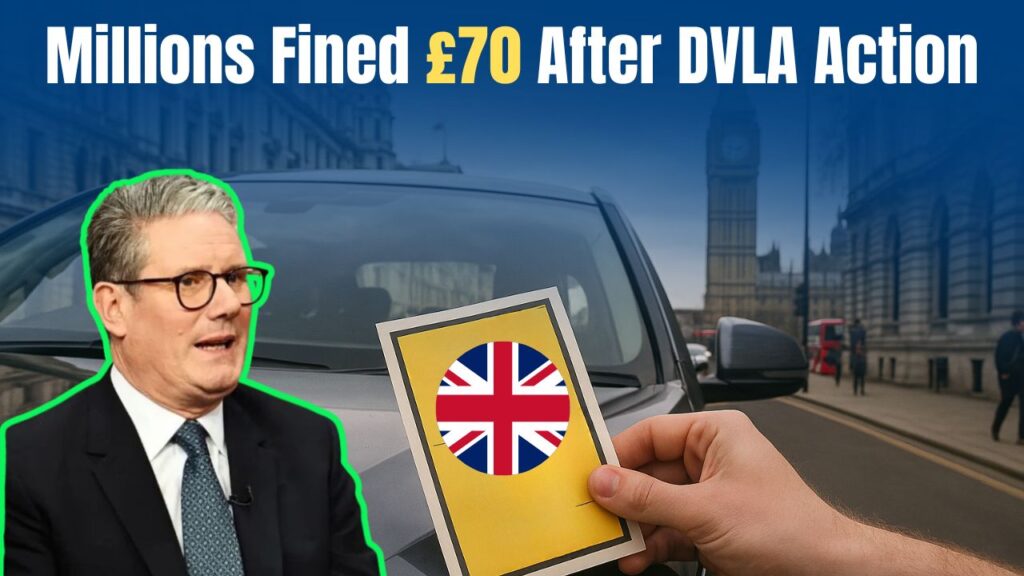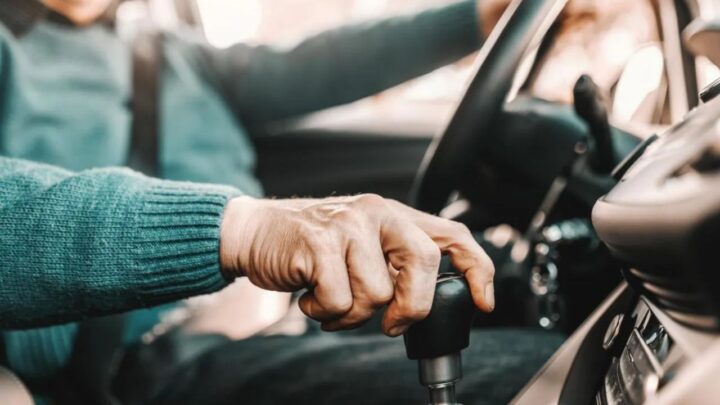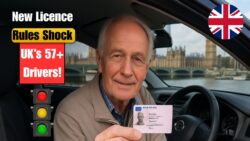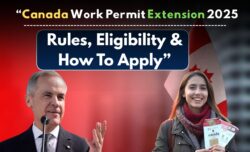Millions of UK motorists have been hit with £70 fines after the DVLA shared driver details with local councils and enforcement agencies. The data exchange has led to an unprecedented spike in penalty notices for minor parking and driving offences. Authorities claim the move improves compliance, but drivers argue it’s an invasion of privacy and a revenue-raising tactic. The new crackdown has seen many motorists caught off guard, as councils use automatic number plate recognition (ANPR) to identify offenders instantly. Here’s what every UK driver should know about this issue.

DVLA Driver Information Sharing Explained
The DVLA (Driver and Vehicle Licensing Agency) holds records of over 40 million UK drivers. In 2025, the agency expanded its data-sharing policy, allowing local councils and private parking firms to request driver information for enforcement purposes. Each request costs around £2.50, and thousands are made daily. While the DVLA insists this process complies with the Data Protection Act, many motorists feel their personal data is being misused. The fines, often triggered by ANPR cameras, range from £70 to over £130, depending on the offence and the authority involved.
Why Millions of Drivers Are Receiving £70 Fines
The sudden increase in penalty notices is largely due to councils using advanced surveillance technology and direct access to DVLA data. These fines often apply to parking, bus lane violations, or failure to pay congestion charges on time. Motorists claim that small mistakes — such as entering the wrong digit on a parking app — are leading to hefty fines. The DVLA’s cooperation with private parking firms has amplified enforcement, causing concern among drivers who believe the system prioritizes revenue generation over fairness or genuine road safety improvements.
 DVLA Confirms Three Rule Hits for UK Drivers — Effective 6–12 October 2025 & New Fine Updated
DVLA Confirms Three Rule Hits for UK Drivers — Effective 6–12 October 2025 & New Fine Updated
Legal and Privacy Concerns for UK Motorists
Privacy advocates have raised serious concerns over how the DVLA’s information-sharing policy affects citizens’ rights. Critics argue that millions of drivers’ details are being accessed by third-party companies without sufficient oversight. Although the DVLA defends its position by stating it only shares data with “legitimate organizations,” drivers often find it difficult to challenge fines once issued. Legal experts suggest that motorists can request evidence of data access or appeal unfair penalties through official DVLA or council channels, but awareness of these rights remains low across the UK.

How to Appeal or Avoid DVLA-Linked Fines
Drivers can minimize risks by double-checking vehicle registrations, payment confirmations, and ensuring they comply with local traffic signage. If fined, the appeal process typically begins by contacting the issuing authority within 28 days. Providing proof such as parking tickets, photos, or transaction records can help overturn an unfair penalty. For recurring issues, drivers can submit a Subject Access Request (SAR) to see how often their data was accessed through the DVLA. Staying informed and vigilant about traffic rules can significantly reduce exposure to these fines.
FAQs
Q1: Why is the DVLA sharing driver details?
A1: The DVLA shares data to help enforce parking and driving laws across the UK.
Q2: How much is the standard fine amount?
A2: Most fines start at £70 but can exceed £130 depending on the violation.
Q3: Can I appeal a DVLA-related fine?
A3: Yes, drivers can appeal through the issuing council or private firm’s appeals process.
Q4: Does the DVLA profit from sharing my data?
A4: The DVLA charges a small fee per request, but claims the funds cover administrative costs.




